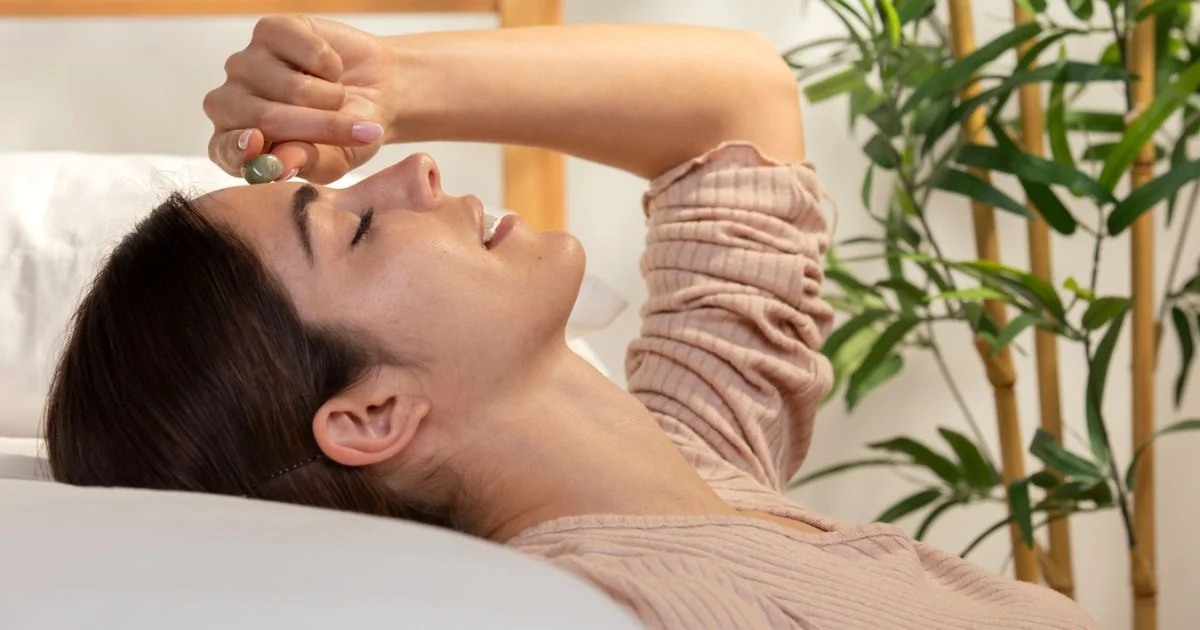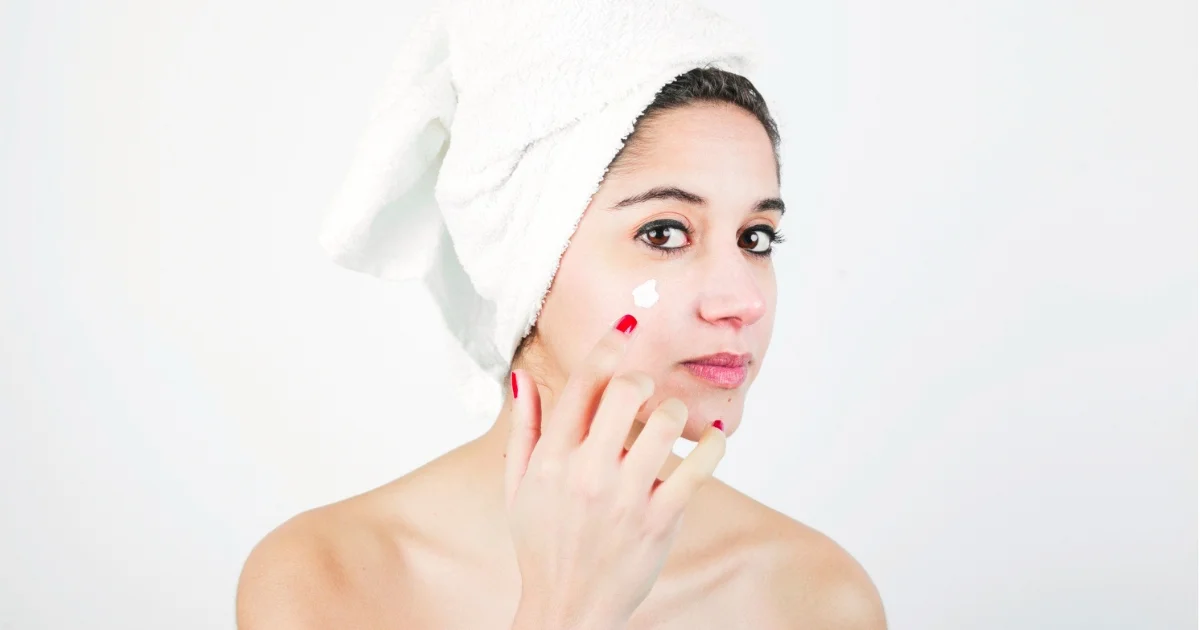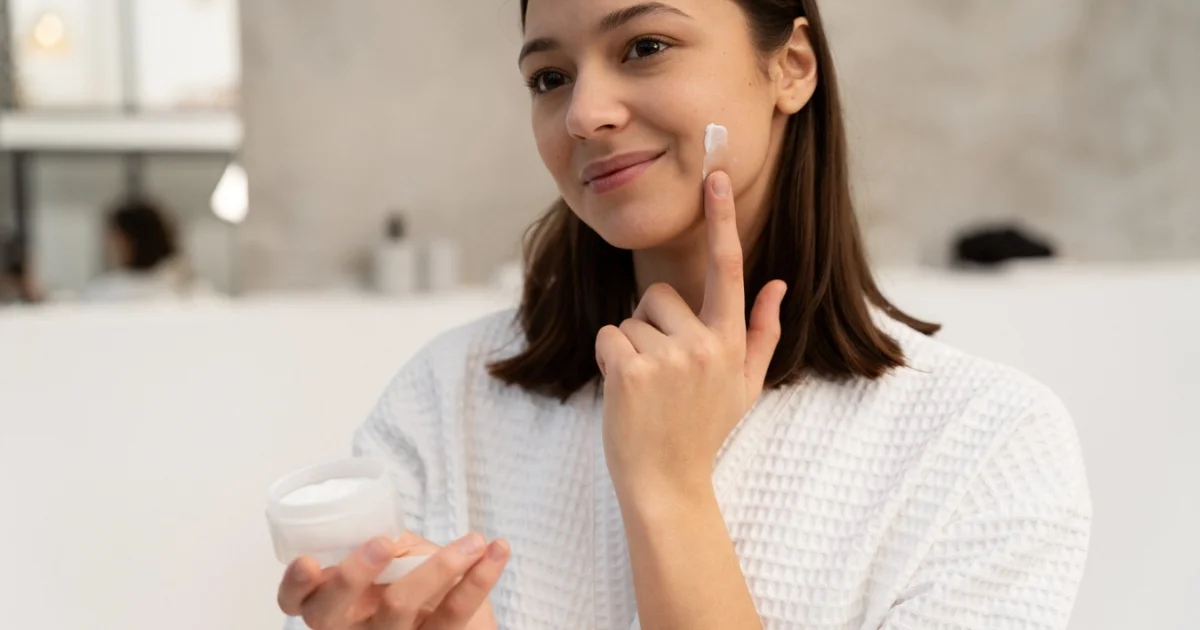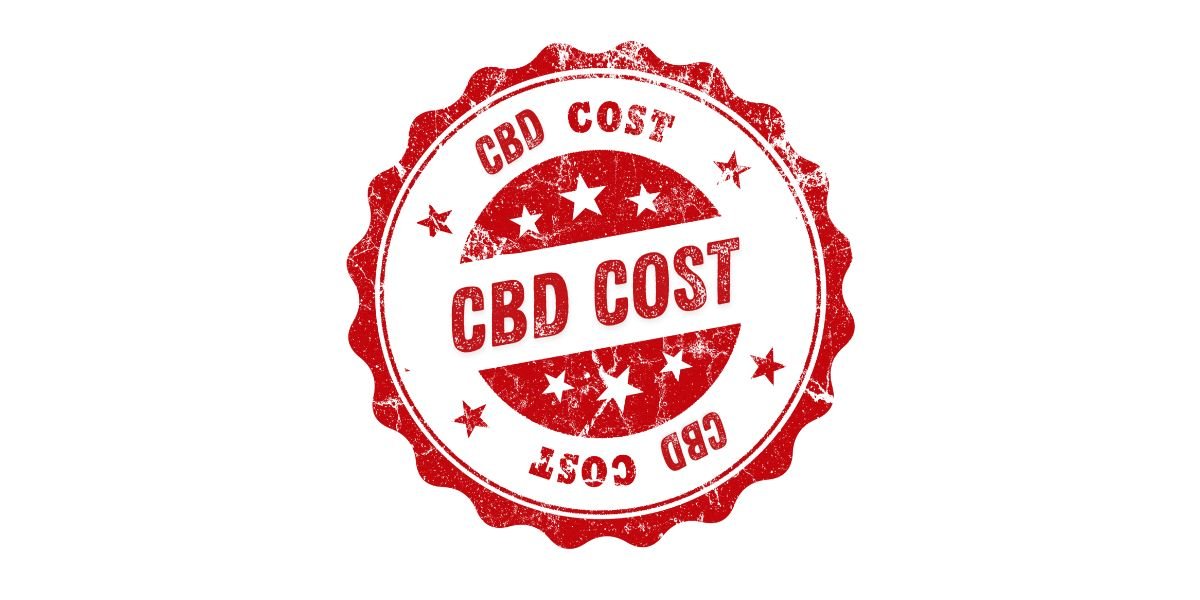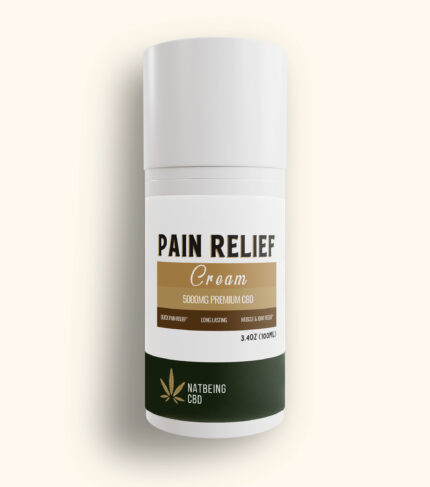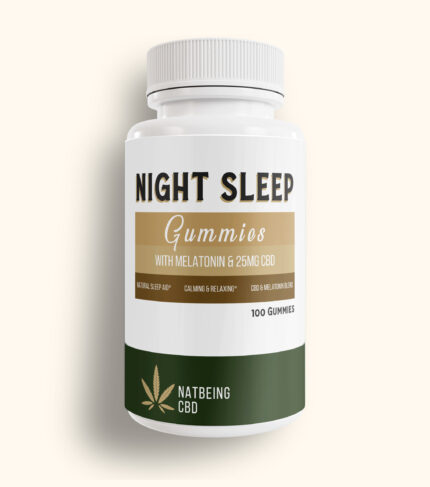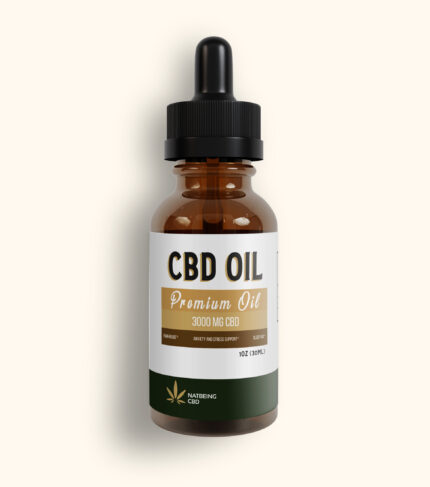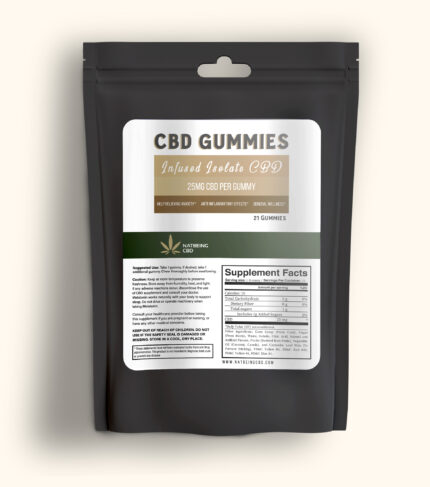
Blog
Getting a good night’s sleep isn’t just about feeling rested — it’s essential for your health. Your brain, body, and mood all rely on sleep to function well. But did you know that around 1 in 3 adults in the U.S. struggle with getting enough sleep?
If you’ve tried everything — from herbal teas to white noise — and nothing seems to help, you may have heard about CBD as a natural sleep aid. But what is CBD, how does it work, and is it really safe?
Let’s dive into everything you need to know about using CBD for sleep — the benefits, the science, the risks, and how to choose the right product.
What Is CBD?
CBD stands for cannabidiol. It’s a natural chemical found in the cannabis plant. But unlike THC (the stuff in marijuana that makes you feel “high”), CBD doesn’t make you feel high or “out of it.”
In fact, CBD is non-psychoactive, which means it won’t change how you think or feel. People use CBD for many reasons, including:
- Sleep problems
- Anxiety
- Chronic pain
- Inflammation
- Stress
- PTSD
It’s also being studied for conditions like epilepsy, depression, and more.
How Does CBD Work in the Body?
Your body has a built-in system called the endocannabinoid system (ECS). This system helps keep things in balance — like your mood, appetite, pain, and sleep cycle.
CBD works by interacting with this system, especially with two receptors:
- CB1 receptors (mostly in the brain)
- CB2 receptors (mostly in the body)
CBD may boost the calming and balancing effects of your ECS, helping you feel more relaxed and making it easier to fall asleep.
How CBD Helps with Sleep
Here are the main ways CBD may help improve your sleep:
1. Eases Insomnia
Insomnia means having trouble falling asleep or staying asleep. CBD has been shown to reduce the time it takes to fall asleep and help you stay asleep longer, especially when stress or anxiety is the cause.
2. Calms Anxiety and Stress
Worry, racing thoughts, and stress can make your brain stay “on” at night. CBD has calming properties that may help reduce anxiety levels, making it easier to relax before bed.
3. Reduces Chronic Pain
Aches and pains can keep you tossing and turning. CBD may help with pain and inflammation, which can make sleep more comfortable and restful.
4. Improves Sleep Quality
CBD may help you spend more time in deeper sleep stages, like REM and slow-wave sleep. That means more refreshing, high-quality rest.
5. Supports PTSD-Related Sleep Issues
People with PTSD often suffer from nightmares and poor sleep. Some studies suggest CBD may reduce nightmares and nighttime anxiety, helping these individuals rest better.
What Science Says About CBD and Sleep
Here’s what research has found so far:
- A 2022 review in European Psychiatry found that medium to high doses of CBD helped people fall asleep faster and spend more time in REM sleep.
- A study in Medicines showed that CBD-rich cannabis was better for sleep than cannabis with high THC levels.
- A 2015 review in Neurotherapeutics found CBD could help with multiple anxiety disorders, which often cause sleep problems.
- More research is still needed, but so far, CBD looks promising as a natural sleep aid.
Different Types of CBD Products for Sleep
CBD comes in several different forms, each with its own benefits. Here’s a simple breakdown to help you choose the one that fits your needs:
- CBD Oils/Tinctures
- Best for: Fast results (usually within 15–45 minutes)
- How to use: Place drops under your tongue (hold for 30–60 seconds) or mix into a drink like herbal tea.
- CBD Gummies
- Best for: A tasty and easy way to take CBD
- How to use: Eat one 30–60 minutes before bedtime for relaxing effects.
- CBD Capsules
- Best for: Long-lasting effects and precise dosing
- How to use: Swallow like a vitamin with water; perfect for bedtime routines.
- CBD Topicals (Creams, Balms, Lotions)
- Best for: Localized pain, such as sore joints or backaches
- How to use: Rub directly onto the painful area before bed.
- CBD Patches
- Best for: Slow, steady release of CBD through the night
- How to use: Stick a patch on your arm, back, or another clean area of skin before going to sleep.
Some sleep products also include CBN (cannabinol) or CBG (cannabigerol) — other cannabinoids that may support sleep. Others add natural sleep aids like:
- Melatonin
- Chamomile
- Valerian Root
- Ashwagandha
- Lavender
- L-theanine
How to Use CBD for Sleep: Tips and Dosage
Tip #1: Start Low and Go Slow
Everyone’s body is different. Start with a low dose (like 10–25 mg), then slowly increase until you find what works.
Tip #2: Take It at the Right Time
CBD takes time to work. Take your CBD about 30 to 60 minutes before bed to let it kick in.
Tip #3: Be Consistent
CBD may work better when you use it regularly, not just once in a while. Give it a few days or weeks to build up in your system.
Tip #4: Track Your Sleep
Keep a sleep journal to see if CBD helps. Track how long it takes to fall asleep, how many times you wake up, and how you feel in the morning.
Potential Side Effects and Risks of CBD
CBD is usually safe, but it’s not risk-free. Here are some possible side effects:
- Drowsiness or sleepiness during the day
- Upset stomach or diarrhea
- Mood changes
- Headaches
- Dry mouth
- Liver damage (rare, usually with very high doses)
CBD can also interact with some medications. Always check with your doctor or pharmacist if you’re on any prescription meds — especially for things like anxiety, epilepsy, or blood pressure.
Important Warnings About CBD Products
CBD is not regulated by the FDA (except for one epilepsy drug), so not all products are safe. To protect yourself:
Always check for a COA (Certificate of Analysis)
This tells you what’s in the product and if it’s free from:
- Pesticides
- Heavy metals
- Mold
- Too much THC
Look for products that are:
- Made from U.S.-grown hemp
- Third-party tested by ISO-certified labs
- Labeled clearly with ingredients and dosage
- Free from unrealistic claims
If the company doesn’t provide lab results or COAs, that’s a red flag.
Should You Try CBD for Sleep?
You might consider CBD if you:
- Have trouble falling or staying asleep
- Struggle with stress, anxiety, or racing thoughts at night
- Suffer from chronic pain that disrupts your sleep
- Want to try a natural option before turning to stronger sleep aids
You should NOT try CBD without medical advice if you:
- Take prescription medications
- Are pregnant or breastfeeding
- Have liver problems
- Have a serious sleep disorder (like sleep apnea)
Final Thoughts: Is CBD Right for You?
In conclusion, CBD shows promise as a natural aid for improving sleep, especially for people dealing with stress, anxiety, chronic pain, or insomnia. It works by supporting the body’s endocannabinoid system, which plays a key role in regulating sleep, mood, and overall balance. While research is still ongoing, many users report better sleep quality and easier relaxation after using CBD consistently. However, like any supplement, it’s important to choose high-quality, lab-tested products and start with a low dose to see how your body responds. Consulting a healthcare professional before starting CBD—especially if you’re on other medications—is also a smart step. With careful use, CBD may be a safe, gentle option to help you unwind, sleep better, and wake up feeling more refreshed.
If you’re ready to experience the potential sleep benefits of CBD, consider exploring trusted options like Natbing CBD. Always choose products that are third-party tested and sourced from high-quality hemp to ensure safety and effectiveness. Your path to better sleep could start today.
Contents
- 1 What Is CBD?
- 2 How Does CBD Work in the Body?
- 3 How CBD Helps with Sleep
- 4 What Science Says About CBD and Sleep
- 5 Different Types of CBD Products for Sleep
- 6 How to Use CBD for Sleep: Tips and Dosage
- 7 Potential Side Effects and Risks of CBD
- 8 Important Warnings About CBD Products
- 9 Should You Try CBD for Sleep?
- 10 Final Thoughts: Is CBD Right for You?
Related posts
How Fast Does CBD Cream 5000mg Work on Sore Muscles?
Menthol and CBD: A Dynamic Duo for Pain Relief
Delta-8 vs Delta-9 THC: Which One Is Right for You?
CBD Cream 5000mg: Powerful Relief for Pain, Muscles & Joints
CBD for Arthritis Pain: What You Should Know
CBD Creams: Made with Hemp Oil for Pain Relief & Joint Support
Understanding Oral CBD vs Topical CBD: Which Works Best for You?
How CBD Cream Supports Your Body’s Natural Balance
CBD Cream for Arthritis Joint Pain: A Natural Way to Find Relief
Is CBD Cream the Secret to Glowing, Healthy Skin?
How CBD Cream Works on Your Skin
CBD Cream Costs: Finding the Perfect Balance Between Price and Quality
Table Of Contents
- 1 What Is CBD?
- 2 How Does CBD Work in the Body?
- 3 How CBD Helps with Sleep
- 4 What Science Says About CBD and Sleep
- 5 Different Types of CBD Products for Sleep
- 6 How to Use CBD for Sleep: Tips and Dosage
- 7 Potential Side Effects and Risks of CBD
- 8 Important Warnings About CBD Products
- 9 Should You Try CBD for Sleep?
- 10 Final Thoughts: Is CBD Right for You?
Recent Posts
Products
-
 CBD Cream 5000mg – Extra Strength Pain Relief Topical Rated 4.83 out of 5$33.93 – $49.99Price range: $33.93 through $49.99 — or subscribe and save up to 25%
CBD Cream 5000mg – Extra Strength Pain Relief Topical Rated 4.83 out of 5$33.93 – $49.99Price range: $33.93 through $49.99 — or subscribe and save up to 25% -
 CBD Sleep Gummies 2500mg With Melatonin - 100 count Rated 5.00 out of 5
CBD Sleep Gummies 2500mg With Melatonin - 100 count Rated 5.00 out of 5$69.99Original price was: $69.99.$34.99Current price is: $34.99. -
 3000mg CBD Oil Rated 5.00 out of 5$29.90
3000mg CBD Oil Rated 5.00 out of 5$29.90 -
 CBD Gummies 500 mg - 21 Gummies Rated 5.00 out of 5$19.90 – $23.00Price range: $19.90 through $23.00
CBD Gummies 500 mg - 21 Gummies Rated 5.00 out of 5$19.90 – $23.00Price range: $19.90 through $23.00
